7 Causes of a Slow Laptop & How to Fix It
You must be annoyed, don’t you think your laptop is slow? In addition to making emotions, a slow laptop certainly reduces productivity. Of course, don’t let your business get complicated, just because a pile of laptops is slow, it’s not clear.
We are now officially on the platform Tiktok! Follow our Tiktok account at @gamebrott.com to find various information and our other interesting video content.
There are many factors that cause laptops to be slow, especially if your laptop includes old hardware that still uses HDD as its main storage media. However, it is possible that new laptops are free from slowness! because some of these factors can infect any laptop.
Here we present 7 reasons for slow laptops that we often encounter.
1. Most Running Apps
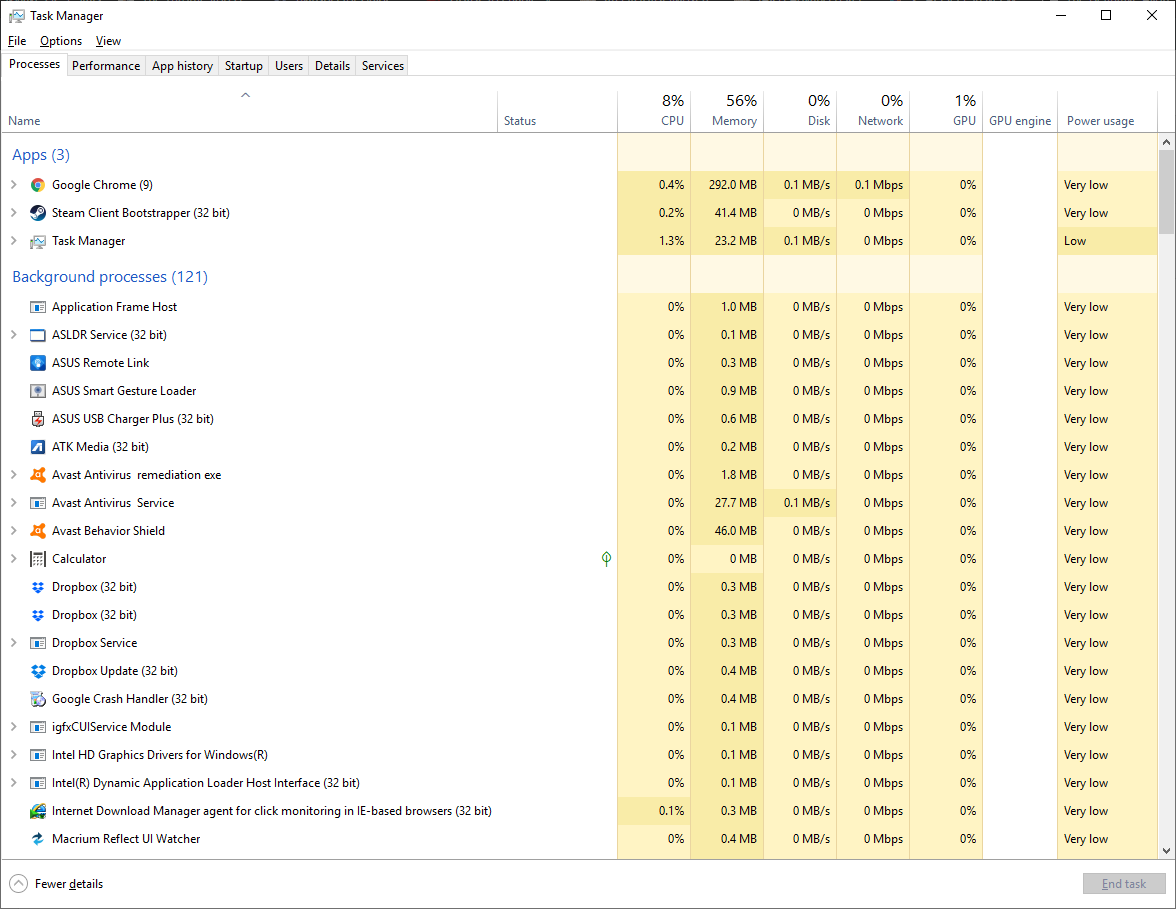
Sometimes, the best solution is usually the easiest one. It could be that the cause of your lepi is slow, just trivial things like your laptop being too burdened with the apps you open. As you know, whatever if excessive is certainly not good right?
So, before you overthink What’s wrong with your laptop, you can check task manager to see what apps are running. Just turn off / kill unnecessary apps to lighten the load on your laptop.
2. Malware

The next reason is really classic. One of the causes of a laptop so slow is none other than malware attack. As we discussed in the previous article, malware that is perched on your laptop will make performance drop significantly. Therefore, make sure your laptop is clean from malware to keep it in top shape.
So how do you clean it? easy! Just follow our guide in this article.
3. Overheat
Another reason your laptop is slow is overheating. Overheat is a term where your laptop components produce too much heat, so the system is forced to lower chipset performance to protect laptop components from being damaged. This decrease in performance that you will usually feel like the CPU suddenly slows down and stuttering is endless.
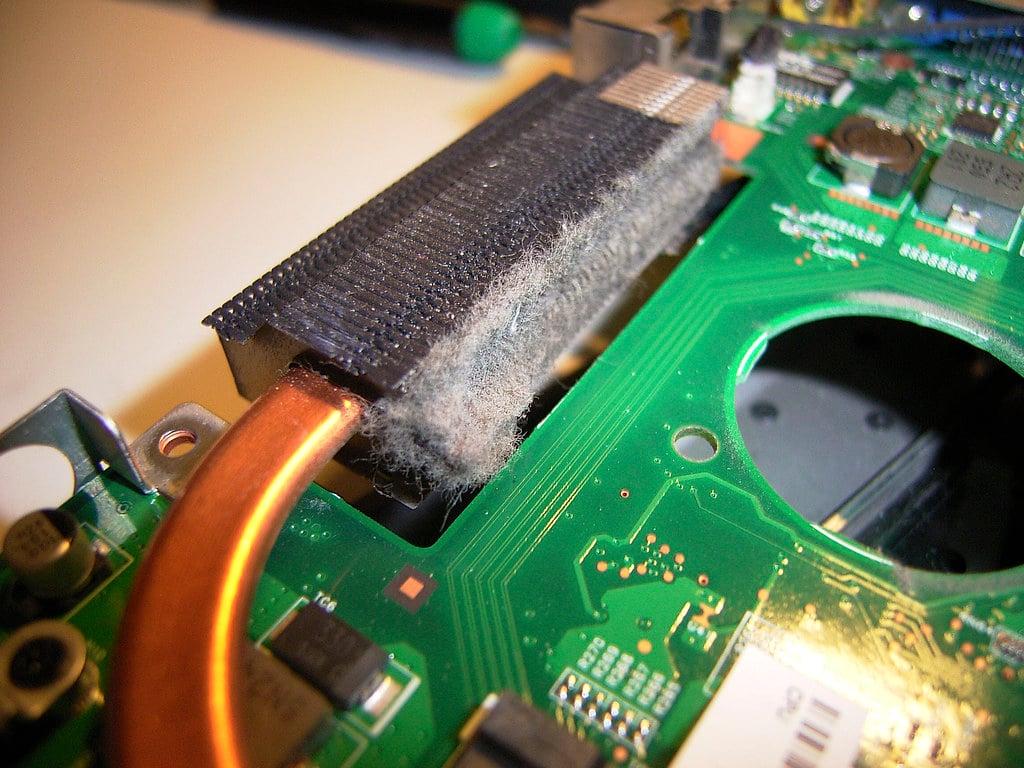
One of the most common causes of overheating is: dust-clogged heatsink. As we know, the main job of the heatsink is to channel the heat generated by the components and then disposed of through the laptop fan. Considering that the cooling uses wind/air as the main medium, it’s no wonder that a clogged heatsink makes cooling performance not optimal.
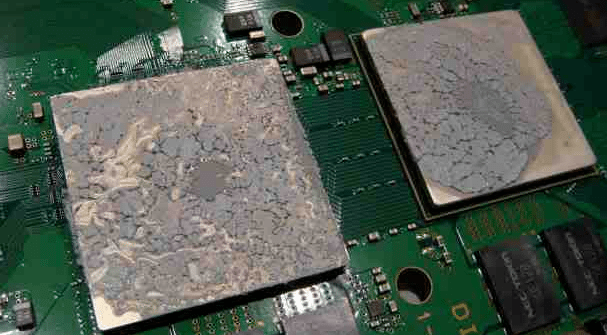
Oh yeah, there are other factors that cause overheating that we often don’t realize, namely thermal paste your laptop CPU/GPU that dries up. Thermal paste itself is a component shaped like toothpaste whose job is to transmit heat from the chipset to the heatsink.
If the paste is dry, then the heat transfer process is not optimal. Cooling that is not optimal eventually makes the components heat up quickly, which as a result the system will reduce performance so that the components are not damaged due to excessive heat, in the end it will lag.
The solution is, you need to clean the heatsink disgusting and replace the thermal paste periodically. Given that these two components are in the same circuit, the process can be done simultaneously, so it doesn’t have to be complicated to work twice.
4. Need Defrag
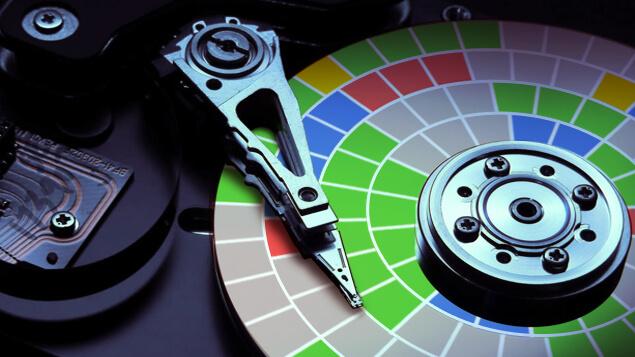
The next reason maybe you need a laptop defrag. Defrag is a term to describe efforts to tidy up your data which is sometimes “randomly” on the HDD. You could say, defrag is almost unavoidable in a system that uses a conventional hard drive because defrag is caused by how the HDD itself works.
For those who don’t know, how hard drives work is actually simple. There are two main components that are responsible for our data on an HDD. The first is platter or the disk where the data is written, and the second is there head shaped like a needle whose job is to read and write.
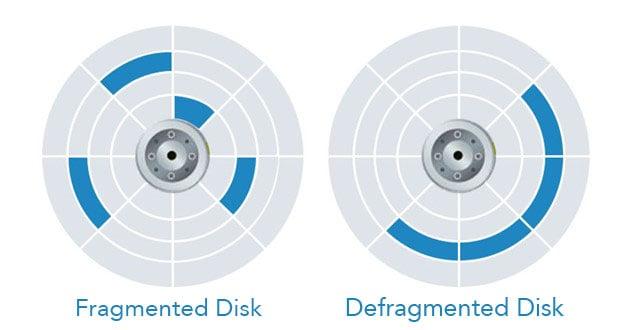
When the HDD is used, the platter will rotate constantly at a certain speed (expressed in revolutions per minute or RPM). Then, the head will move up and down like the movement of your fingers to process data. And sometimes, the data written on the platter will be separated as shown above because of the movement of the two components. That’s where the fragmented HDD phenomenon occurs.
The way to fix it is easy, you just need to run the app Defragmenter default OS to reorganize the messy data. Hell, even Windows 10 has also scheduled your system to be defragmented regularly without any user intervention.
5. Out of RAM
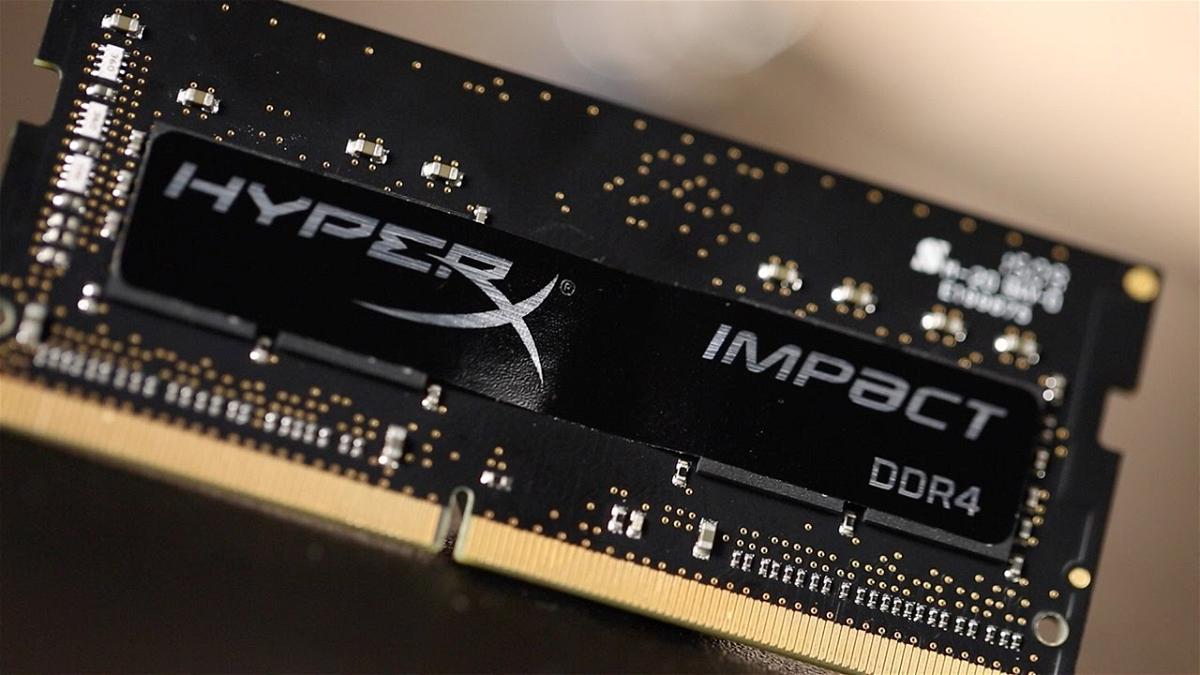
It’s a bit of a cliché reason, but it still happens often. As you know, RAM serves as the main memory of the system in carrying out all its tasks. These tasks will later be written to the storage media (SSD/HDD) when they are finished processing.
The problem is, even though the RAM is very fast, the capacity is also very small. Therefore, when the system runs out of RAM, the system will inevitably use a much slower SSD/HDD as the medium where data is written.
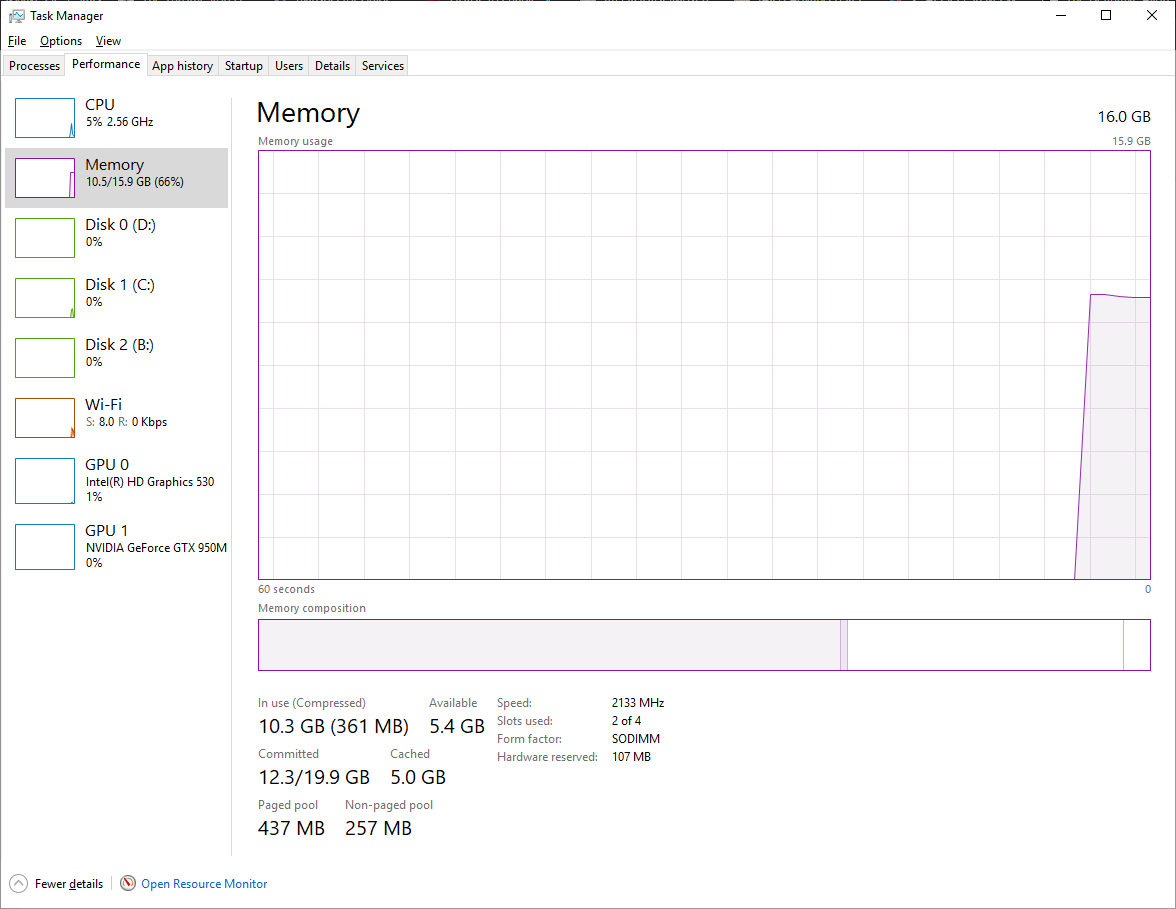
We’ll give you an easy analogy. Like your brain is RAM and notebook is SSD/HDD. You can just pop an idea from your brain instantly, but you can only remember a few things at a time, right? On the other hand, you can write a lot of things in a book, but you need time to turn the pages to find the right information. The same principle applies to RAM and SSD/HDD.
Then is there any other way besides changing RAM? well, the best you can do is to limit apps running in the background like solution 1 so that your RAM can be a little relieved.
6. HDD Starts to Corrupt
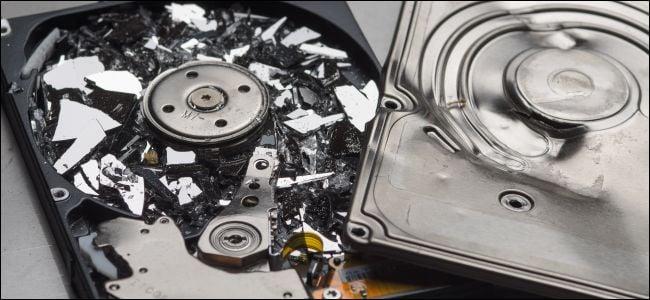
This is already bad, but it could be another cause behind your sluggish lepi HDD that has started to fail. As we know how HDD works above, a damaged HDD will hamper all processes carried out by your laptop. The effects can be various, ranging from normal slowness, only occasional hangs, up to your file can’t be opened if it’s bad.
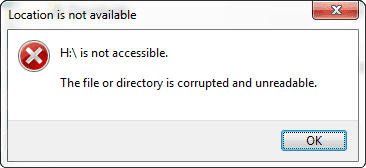
The solution? backup your data before it’s too late and buy new storage media. A damaged HDD that is left alone will only get worse. There is no story that HDD bad sectors will recover on their own if you don’t use them.
7. Need SSD
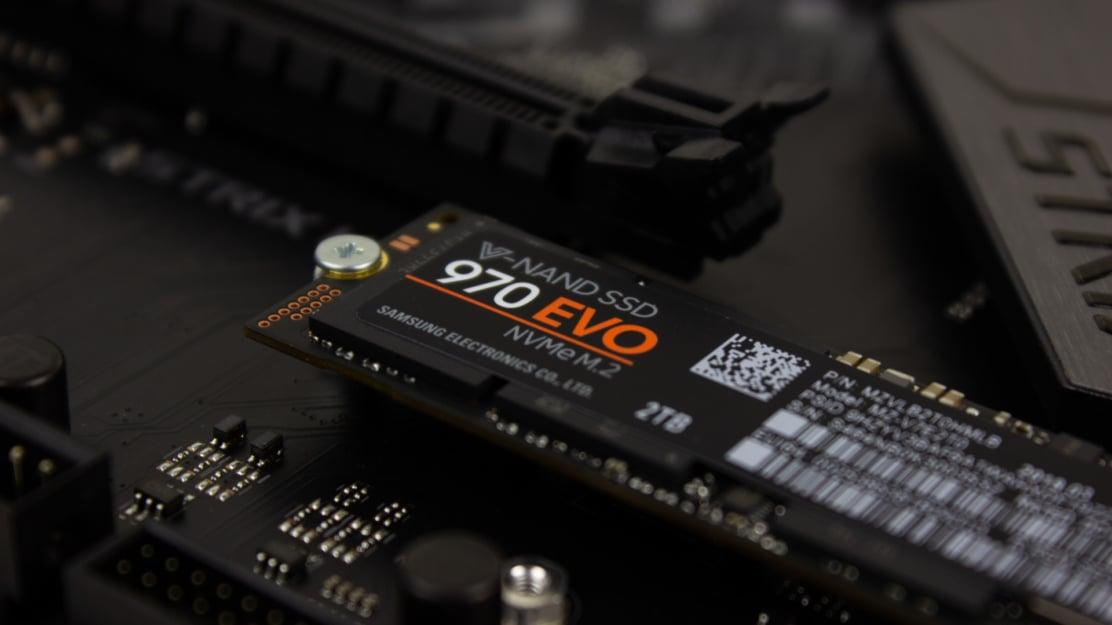
Well, if all the solutions above have been done or your laptop is okay but it’s still slow, the only answer is Your laptop needs an SSD. As we know, SSDs have input/output performance that is far superior to conventional HDDs, the effect of which is to make app access speeds faster and smoother without any unclear hangs or stuttering.
But there is one thing you need to pay attention to before deciding to replace the SSD. You have to know what SSD is supported by your laptop, don’t let you buy an M.2 SSD but it turns out that your laptop doesn’t have a slot, for example. For that, most laptop technicians recommend us toswap The laptop DVD drive is to be occupied by the default HDD, where the default HDD slot will be installed with a 2.5-inch SSD.
So, so those are the 7 causes of slow laptops that we usually encounter. Hopefully this list can be useful for you, especially those who have problems with their laptops. That’s all and see you in the next article!
Post a Comment for "7 Causes of a Slow Laptop & How to Fix It"